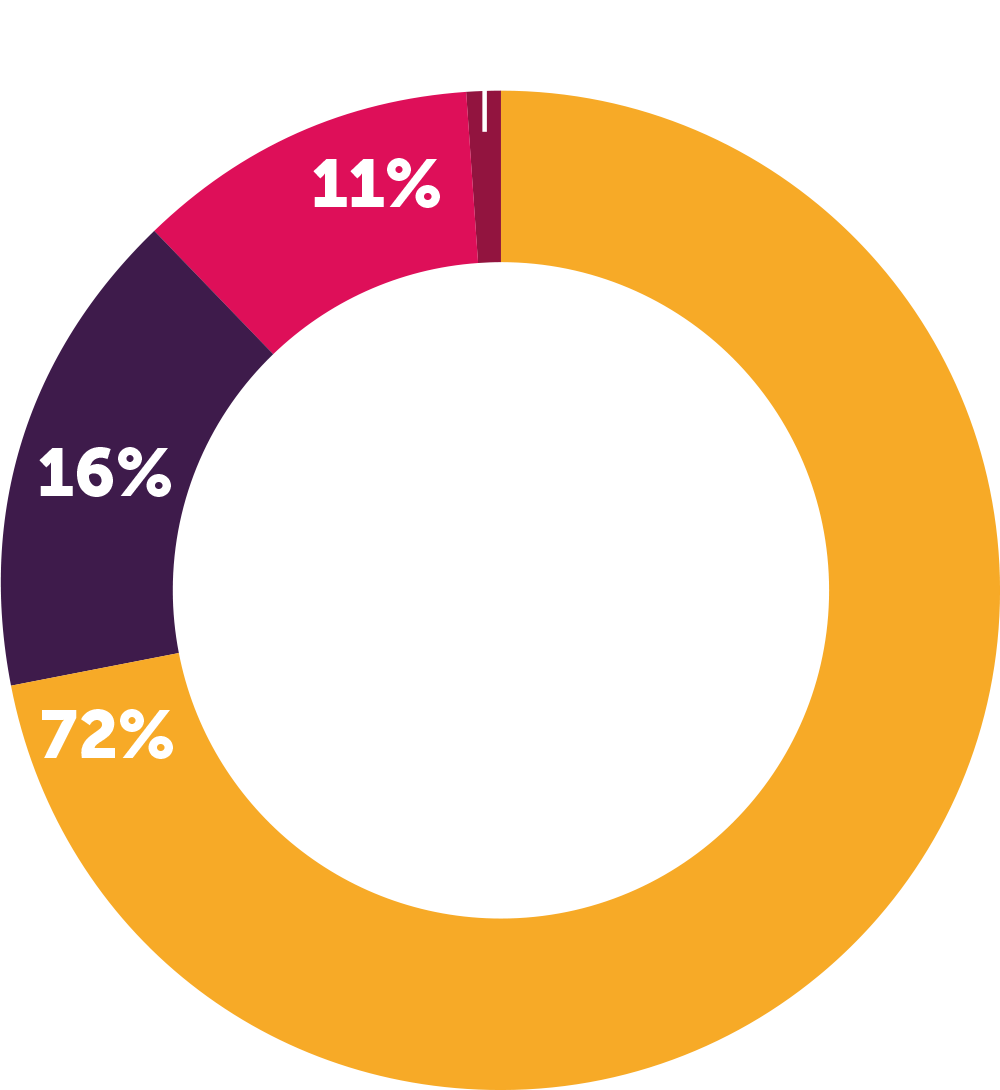
€1,325,152
Sustainable Agriculture
€298,215
Small and medium
scale enterprises
and cooperatives
€209,867
Savings, Loans
and Microfinance
€20,000
Natural Resource Management and Conservation
In 2020, Misean Cara supported 68,245 people in 15 countries through 41 livelihood projects implemented by 20 members.
The UN’s Sustainable Development Goals set out a framework to help ensure a better more sustainable future for all by the year 2030. In particular, Goals 2 and 8 encourage sustainable responses to hunger and food production as well as stable work and incomes.
At Misean Cara, one of our five core goals centres around the idea that all people have the right to a sustainable livelihood, one that will provide for their families and protect the earth and its resources into the future. To achieve this, we believe it is essential to support our members in developing climate-resilient livelihoods that empower people and communities, boost incomes, and strengthen food production and supply systems.
In recent years it has also become very clear that climate change disproportionately affects the world’s poor by putting the safety of their livelihoods and food supplies at risk. Members living and working in communities struggling against environmental deterioration know the crisis all too well.
When designing livelihoods projects to have the most impact on environmental protection, our members take a holistic approach, encouraging creativity, entrepreneurship and climate-friendly farming techniques to help small-scale and family farms develop climate resilience while increasing incomes and independence. In 2020, some member projects also focused on reducing greenhouse gas emissions, establishing water conservation systems, as well as forest management, flood prevention, natural disaster preparation and management, and sustainable farming methods.
Some examples of our members’ livelihoods projects this year include providing skills training for young people, female heads of households, and victims of armed conflict in Colombia, training Dalit and tribal women in cooperative business management skills in India and offering cheap and flexible loans in Kenya through Saving and Internal Lending Communities.
Other projects in 2020 include those that contributed to strengthening economic and environmental resilience in drought prone communities of Ethiopia, improved household incomes and food security in conflict-prone areas in South Sudan, and ensured the social, economic and environmental sustainability of communities in Brazil by selling fruit pulp and oil from local plants.

Prison rehabilitation and work skills training in Zambia
Prison conditions in Zambia are difficult as the facilities are overcrowded and under-resourced. Former inmates also encounter serious challenges reintegrating into society as they are subject to stigma and discrimination.
While the Zambian Correctional Services seeks to promote rehabilitation through education and life skills, there is a severe lack of funds to support these programmes. The Livingstone Prison Project, an initiative of our member, the Franciscan Missionary Sisters for Africa, rehabilitates inmates enabling them to re-integrate into family and society when they are released from prison. The project takes a holistic approach, providing technical education and life skills to build the self-esteem and confidence of the inmates.
Moses Nyanga was released from prison in 2017 after taking part in the Livingstone Prison Project.
“I studied metal fabrication, carpentry and joinery in prison, and I got recognised qualifications. Starting a business after being in prison was not easy but I got some support, through the project and other benefactors, to purchase tools and I was able to make other equipment myself. In that way, I established my workshop. I make furniture, do upholstery, car seat covers and metal fabrication.
I am proud of my workshop and the business that I have built up. Business is up and down, but if your work is of high quality and you treat customers well, they will return. I have seven workers that I can trust.
I am in regular contact with the prison administration as I want to encourage other inmates. Four of my current employees are former inmates. I am glad that I am able to help others get on their feet again.
There is certainly discrimination in society against people who have been in prison, but I don’t want to look backwards; I want to look forward.
I have a wife and five children. In addition to my workshop, I have a small shop at the house where my wife sells groceries and with the money we make from our businesses we are able to support our children’s education.”
The project, with the support of Misean Cara, has provided learning materials, equipment, and tools for academic and technical education at the correctional facility, and has also assisted former inmates, such as Moses, to set up their own businesses and become independent, productive members of society.

